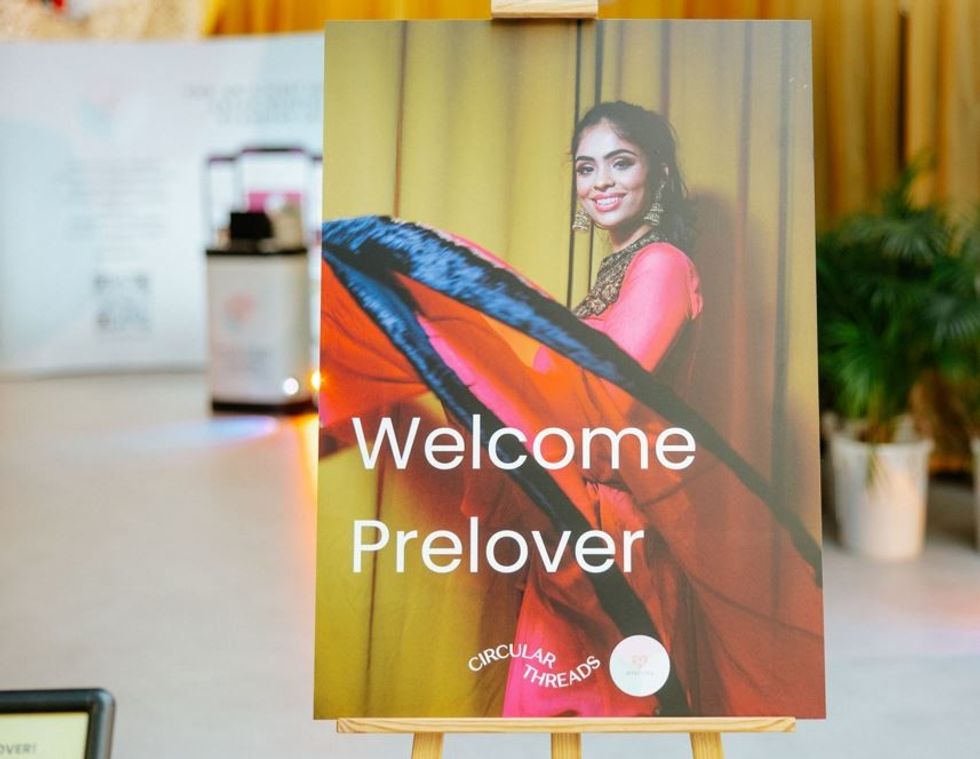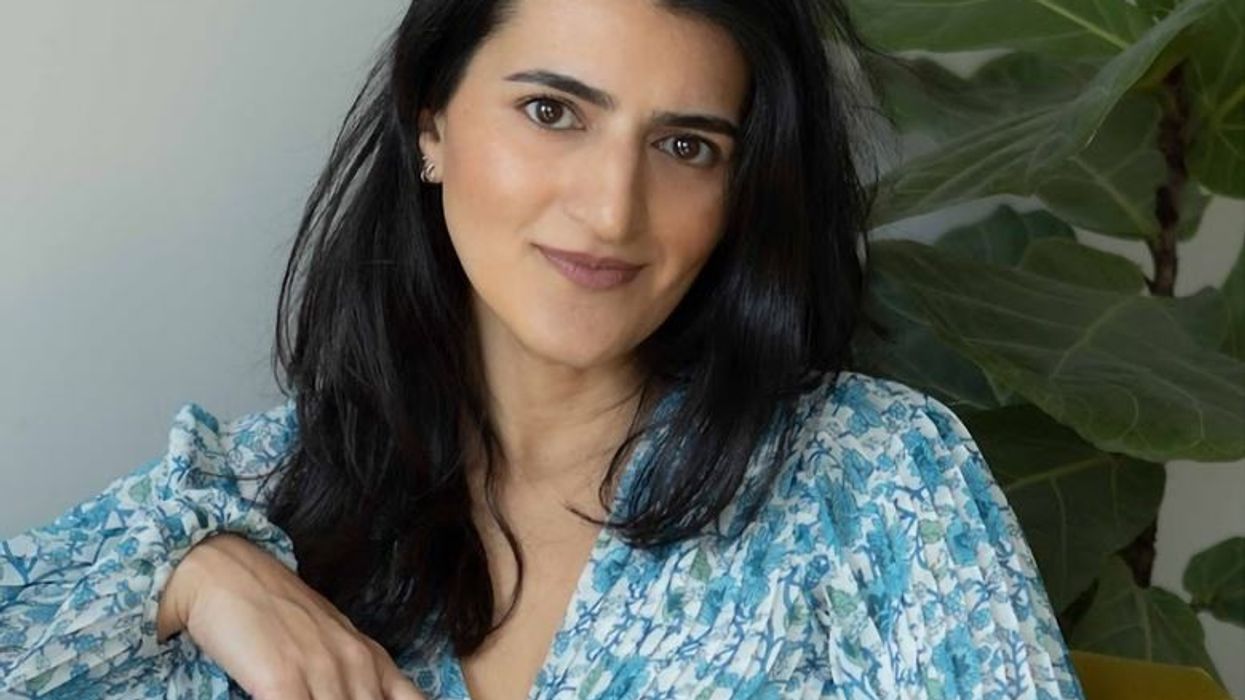MORE people are investing in preloved pieces for their western wardrobe through fashion rental platforms, charity shops and sites like Vinted or Depop. If you have considered the same for eastern pieces, then look no further than Circular Threads. The movement is helping to shift the south Asian mindset towards preloved clothing and sustainable fashion.
I was invited to their first pop-up opening night in London and was blown away by the range of pieces, including designer outfits at brilliant prices.
Eastern Eye caught up with founder and CEO Anoli Mehta to discuss the game-changing brand, how to buy and sell preloved pieces, and what impact she hopes to have on the fashion industry
Tell us about Circular Threads?
Circular Threads is a curated marketplace for preloved south Asian Fashion. Our mission is to make preloved clothing the first choice for south Asian occasion wear. Our platform allows individuals to sell preowned clothing like lehengas, saris and sherwanis, which are still in excellent condition for others to purchase. Think Vestiaire Collective or Depop, but for south Asian clothing!
What inspired you to create the brand?
The idea initially came to me when I was trying to find outfits for family weddings back in 2017. We took expensive trips to India and travelled to ethnic hubs across the UK. The process was time consuming, and ridiculously expensive. A lot of time and effort went into buying heavy, expensive outfits that were way too formal to wear again. These outfits were then stuck in a wardrobe and took up so much space. It broke my heart to think they were never going to be re-worn.
I reflected on the process during lockdown, and thought it was absurd that so many other south Asians felt the same way. I was also shocked that the second-hand market had not picked up in south Asian communities, when it was dramatically increasing in the western world.

How has the south Asian perception of preloved pieces changed?
It has been quite a journey, but with more education around sustainability, an increasing number of people are opening up to it and using this platform. We have had many sellers that bought preloved after selling their piece, because they saw the quality of their own product that they were putting on Circular Threads. So knew they were getting a great deal buying preloved too.
What was the uptake from your pop-up event?
It was so refreshing to see the uptake from our recent pop-up and excitement in the room. People were falling in love with outfits, and forgetting they were pre-owned. That’s exactly what our aim is: to normalise buying preloved. There is a lot more work that can be done in this space, , especially in empowering people to feel proud when buying preloved.
The pandemic changed the Asian wedding industry. How do you think this affected clothing in particular?
Weddings were hugely impacted during the pandemic. People were downsizing guest lists, and many events were getting cancelled. It meant outfits that were purchased were going waste. Many had multiple outfits that weren’t used. We saw an influx of brand new, never worn, lehengas with tags being put up for sale because of wedding cancellations. The pandemic also gave people time to reflect on their habits (myself included), especially when it came to shopping. This spurred on an increase in more conscious consumers in a very positive way.
What key advice would you give to those who are selling outfits?
The more information the better. Put yourself in the shoes of the buyer. What would you want to know about the outfit before spending £200 plus on it? And then make your listing just as informative. You’re much more likely to get a sale that way. Equally, we all love social media, as do our buyers – the more social media-ready content and photography or videography you have, the higher the chance someone will buy it.
What is your top tip for those who want to buy preloved outfits?
Make sure you measure yourself first, and if you’re unsure, size it up. You can always get it tailored to your body shape, but you won’t be able to add more fabric if it’s too small. And have fun with it! Buying preloved is a whole vibe. Get experimental, chop, and change pieces, explore new designers, mix, match and create looks that are completely new to you.
You have had a successful pop-up event, with more on the way and the website is doing well, but what is your biggest wish for Circular Threads in 2023?
For our community to grow into a family, supporting each other to purchase preloved before buying new. We want to empower our community to make conscious decisions about their next purchase. We want people to realise that buying preloved can bag you that limited edition heirloom no one else has! It’s about exploring stories behind our clothes and appreciating the craftsmanship, and detailed work that would have just been wasted in someone else’s wardrobe.
www.circular-threads.com and www.instagram.com/circular.threads




